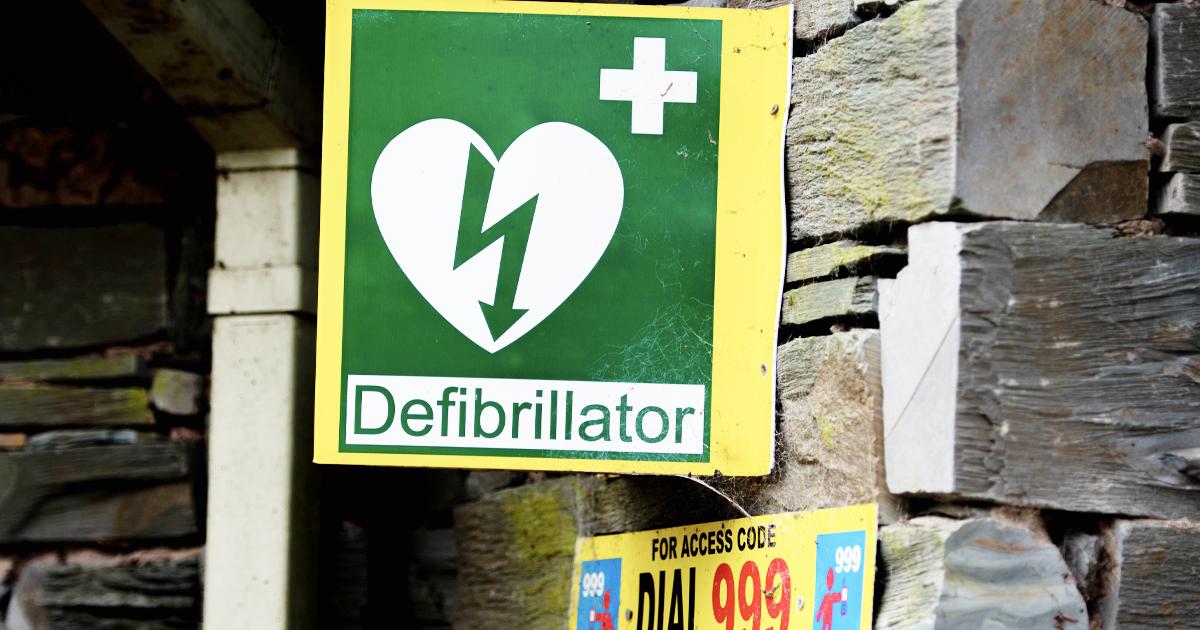When it comes to first aid on business property, it’s essential to understand that there are certain laws and regulations in place designed to protect workers from harm. In the event of a medical emergency, a defibrillator can mean the difference between life and death. However, you may not know this, but businesses are not required to have one by law.
Should this change? We thought we would take a look and weigh in on the topic.
The Current Laws
As we said, the thing that you need to understand about current law is that it does not require a business to have a defibrillator on hand.
They are encouraged to have one, of course, but there is no legal requirement. However, there are certain laws involving first-aid kits - businesses are required to have a reasonable level of first aid that keeps up with current health and safety policies, because accidents can happen.
However, in a Cardiac Arrest situation, this is not always the case. An AED is not required by law, and if an AED is not available, then the patient is at a much higher risk of dying.
Should it be Law?
Ultimately, we do believe that it should be law for businesses (of a certain size, based on staff numbers) to have an AED on the premises. We live in a world where emergency services are overworked, understaffed, and frequently overextended. There have been staggering delays reported for emergency services recently following the Covid-19 pandemic, it it is not the fault of the ambulance crews; it is a failing of the system itself.
Therefore, if you’re a larger business or one that has a higher risk of someone having a Cardiac Arrest on your premises – such as you have lots of visitors, or are a provider of healthcare services, you should probably consider having an AED on site. For every minute a patient does not receive CPR and defibrillation, the survival rate decreases by 10%; so simply after 5 minutes the rate of survival is reduced by 50%, and with all ambulance response times averaging over 7 minutes for a Category 1 call (those that require an immediate response to a life threatening condition, such as cardiac or respiratory arrest) you can see why good CPR and defibrillation can make the difference between life and death.
If you do obtain a Defibrillator, please also note that it can registered with your local Ambulance service via “The Circuit” to ensure that any cardiac arrest in your local vicinity could have access to it. More details can be found here.
Final Thoughts
So, we are 100% on board with the idea of making an AED a legal requirement for certain business premises. It is such an important resource that it would be crazy not to have one these days. If you can’t get an ambulance to your location quickly, then you need to be able to take steps to save a life. Having the correct resources on hand is the best way to do this and guarantees that you are going to be able to help people when it matters most.
With Reconditioned Defibrillators start from just over £300 + VAT, what price do you put on a life?

